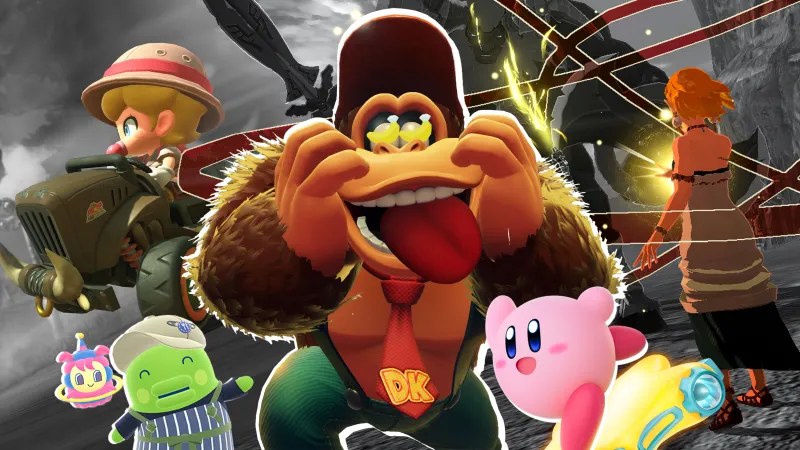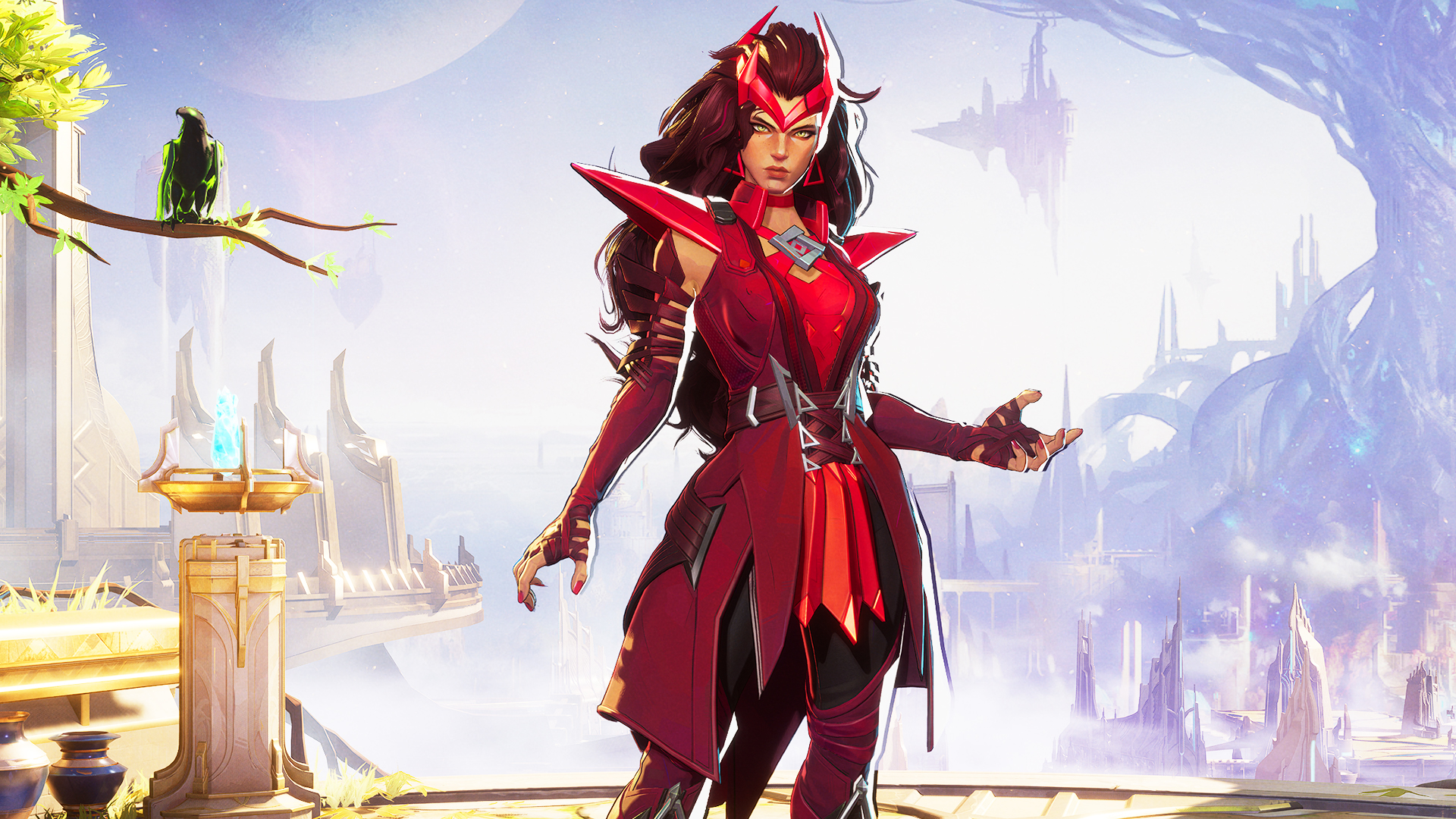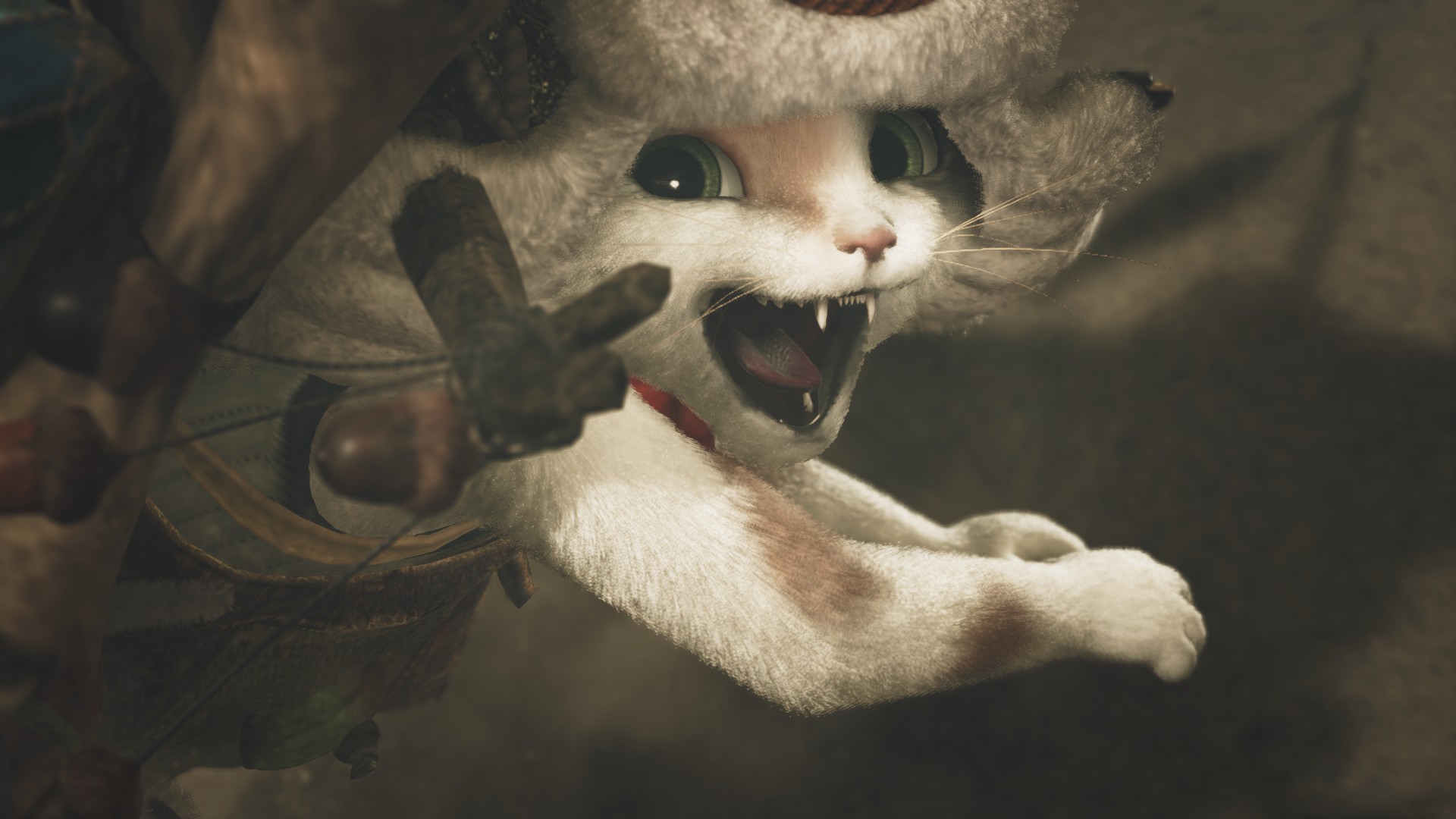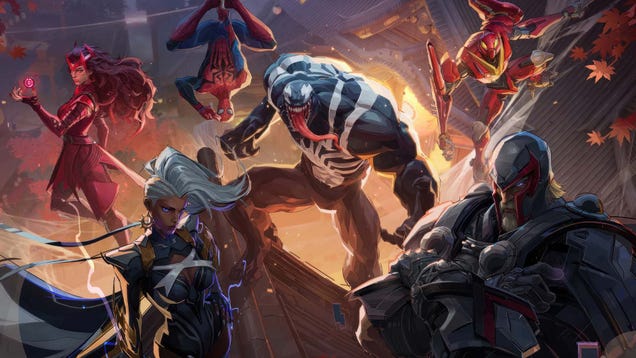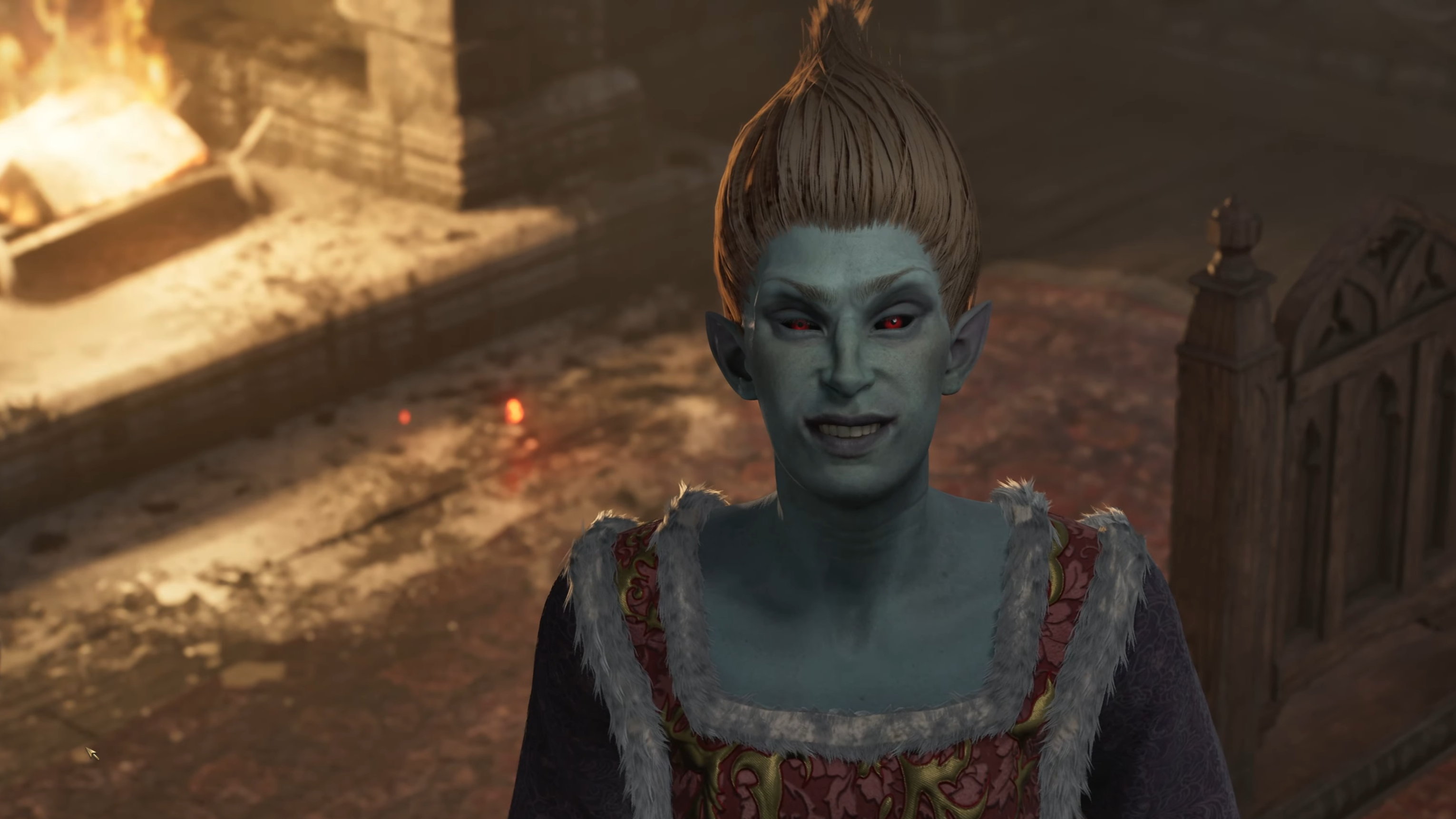
With the exception of a series of special battle challenges, Final Fantasy XVI does not have any mini-games in the traditional sense of the word. That means no fishing, farming, gambling or participating in a fictional sport like Final Fantasy X’s Blitzball.
The reason behind this is that such activities did not match the vision director Hiroshi Takai had for the 35-year-old series’ latest installment. He wants the player to become one with main protagonist Clive Rosfield, avoiding anything that would detract from that aim.
In the beginning of Final Fantasy XVI’s story, Clive’s younger brother Joshua is killed right in front of his eyes. Clive – who had devoted his life to the art of swordsmanship in order to protect Joshua – has failed his most important duty, and loses his dearest friend. After this event, Clive’s mere purpose of living becomes revenge.
“I just can’t imagine that a protagonist bearing such a harsh fate and someone who feels like he has lost his humanity would want to play a puzzle game that doesn’t match his goals, or relax and go fishing,” Takai tells IGN, in an exclusive interview at Square Enix’s Tokyo office.
“Of course, you can put activities like that in the game and leave it up to the player whether or not to engage in them – that’s certainly a way of approaching things,” says Takai. “But for us, the most important thing was to depict Clive’s way of living. Adding unnecessary elements for the sake of variety didn’t seem the right thing to do, so we refrained from implementing activities that Clive probably wouldn’t be mentally willing to engage in as much as possible.”
Final Fantasy XVI does include a wide array of side quests, but even these are not always available for the player to accept.
“There’s a situation in which Clive is extremely depressed, so we decided to block side quests during that time,” explains Takai. “When Clive is depressed to the extent that he feels like he might as well die, we just don’t see him taking on a quest to go and collect wood. Even if it is the player’s own choice to engage in such a quest, the sight of Clive running around with a tree on his back in such a moment would seem ridiculous. We didn’t want the player to experience something like that.”
“As soon as something like that happens, you start to pull back,” adds Creative Director and Scenario Writer Kazutoyo Maehiro.
“If something like that happens when you’re immersed in the experience, it will make you realize that it’s just a game,” Maehiro continues. “We wanted to avoid that, because we were aiming for an experience that is as immersive as possible. By avoiding unnecessary elements, I believe it really became that immersive game we were striving for.”
Interactions with Clive’s wolf buddy Torgal also shows this dedication of wanting the player to behave as the main protagonist would himself. As announced during a panel at PAX East, it is possible to pet Torgal in Final Fantasy XVI. However, not always. If there is a moment the game does not let you pet Torgal, it probably means that the current situation or Clive’s feelings are standing in the way.
When we asked if such temporary restraints are explained to the player by having Clive mentioning he is not in the mood, Takai answered by saying that even that would break the immersion.
“Having Clive saying something in order to block some of the game’s systems alone would stand in the way of immersion,” says Takai. “However, we do make the player aware of the situation through other dialogue in a less obvious way. For example, if Clive is saying something like, ‘What’s left for me to do?’, that’s enough to deliver the message. So we’re actually telling the player that Clive is not in the mood within the story.”
It seems that Takai and his team are doing everything they can to let the player truly become Clive in Final Fantasy XVI. Whether this dedication will create a roleplaying experience worthy of the Final Fantasy name or not remains to be seen when the game releases on June 22 for PlayStation 5.
For more on Final Fantasy XVI, check out how the development team were inspired by FromSoftware and Dragon Quest V, and why Chocobos are referred to as “horses” in the Japanese version.
Esra Krabbe is an editor at IGN Japan. He is a fan of these restraints.



